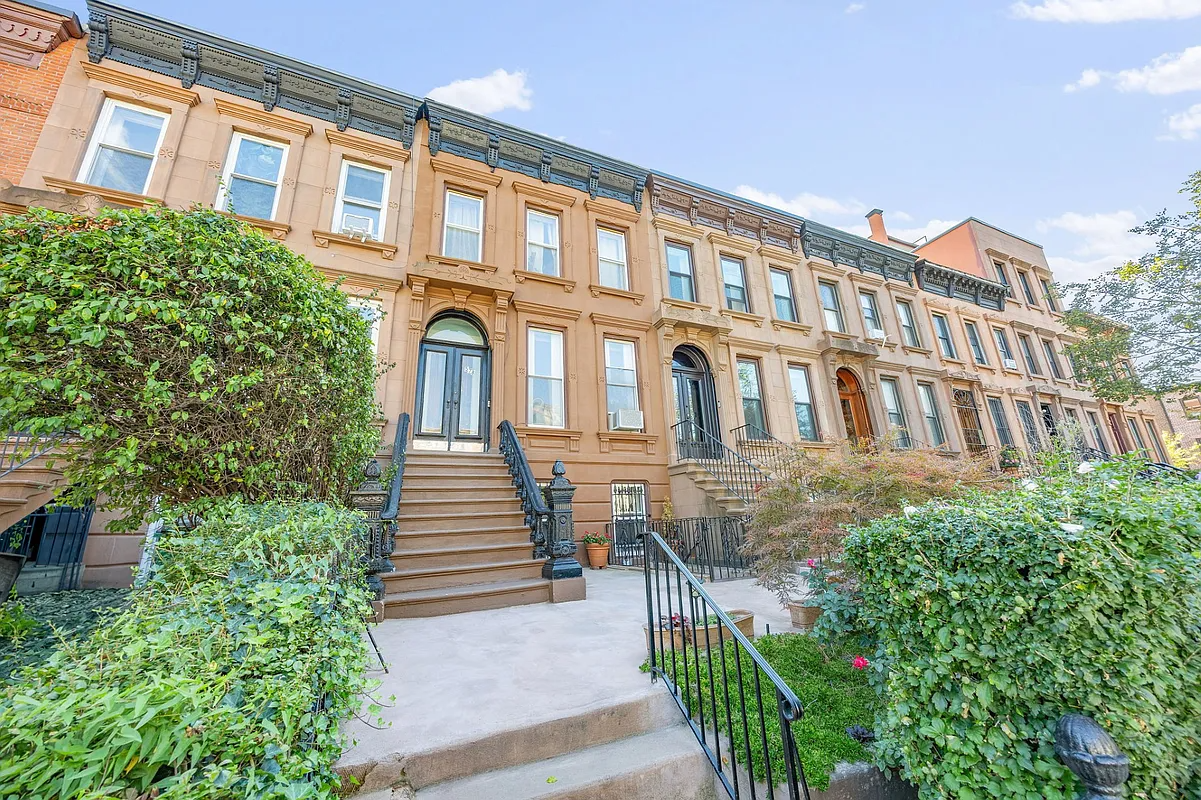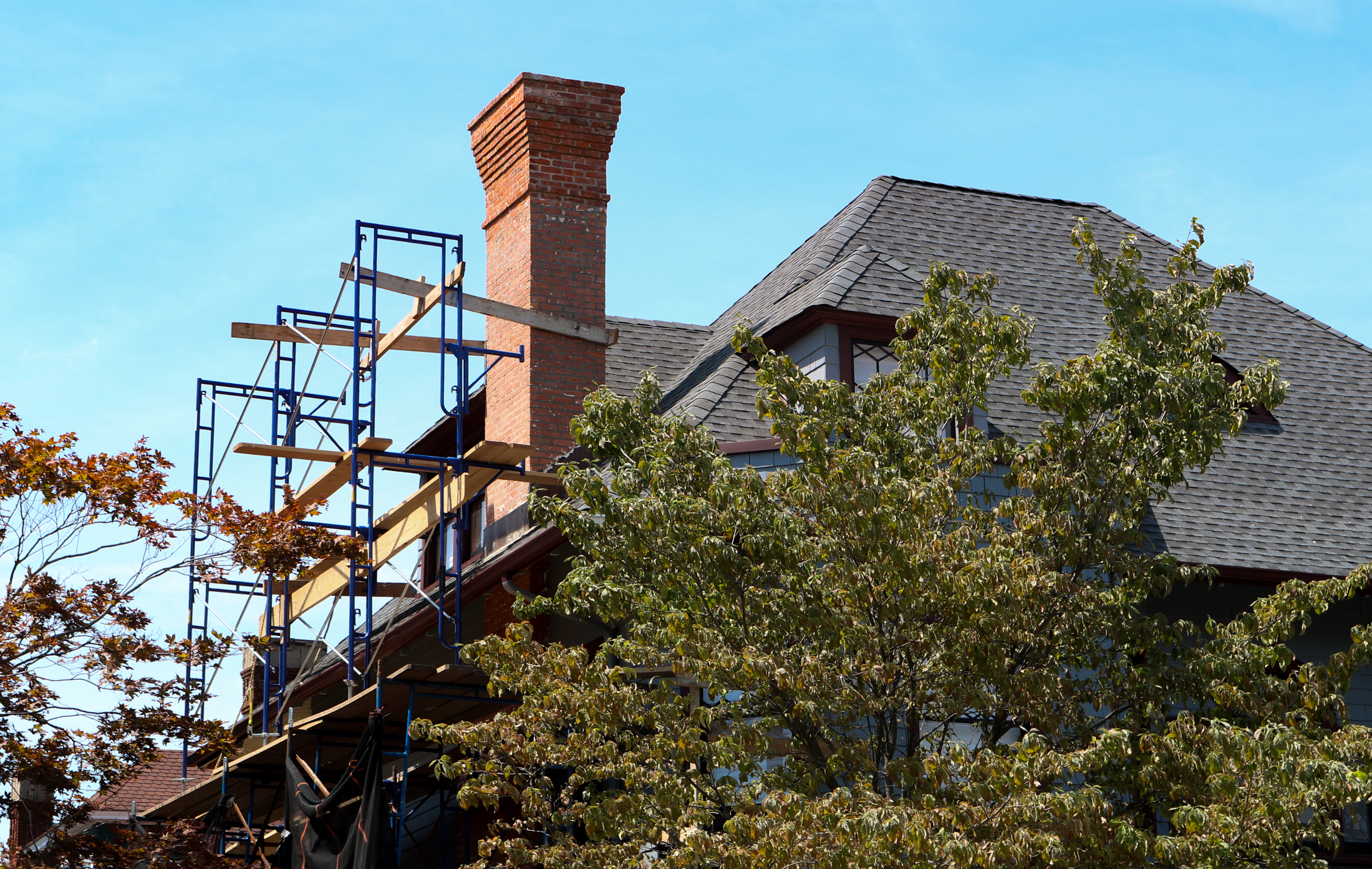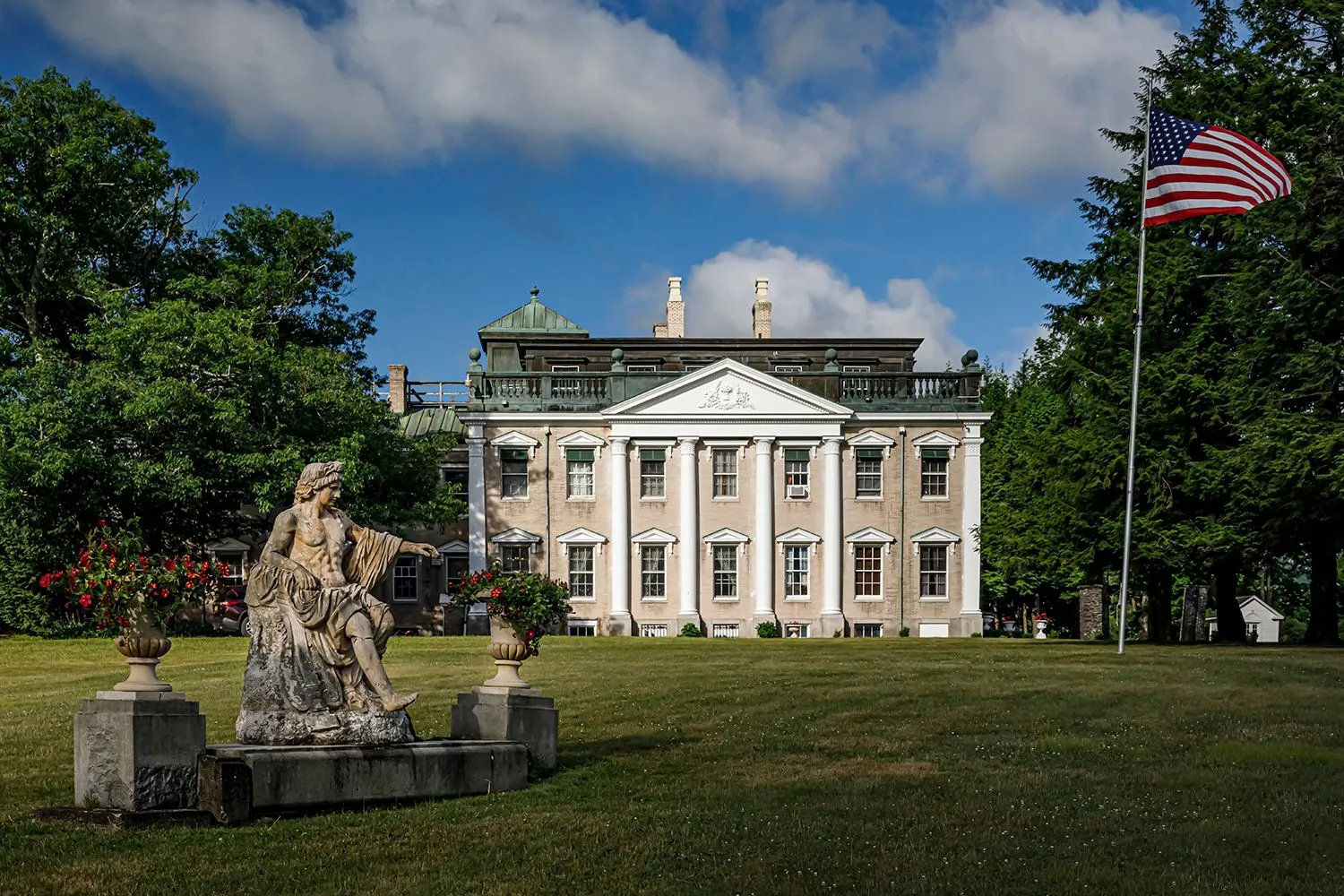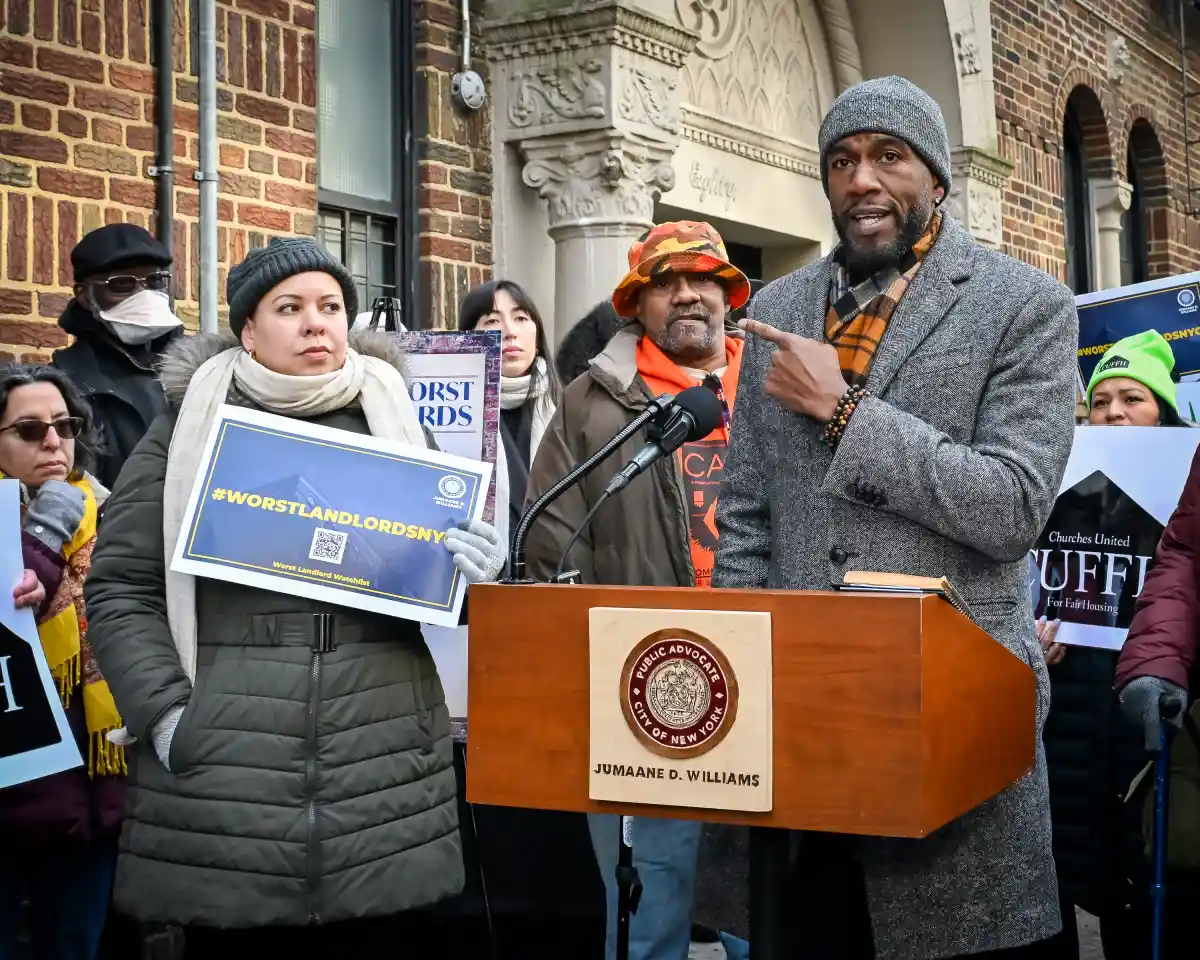Better to Buy or Rent?
The Times took a look this weekend at the math underlying the rent-versus-buy decision. One conclusion of the study was that is was about twice as expensive to buy right now in New York than rent on a purely monthly after-tax cash flow basis. The conclusion seems to be that buying right now only makes…


The Times took a look this weekend at the math underlying the rent-versus-buy decision. One conclusion of the study was that is was about twice as expensive to buy right now in New York than rent on a purely monthly after-tax cash flow basis. The conclusion seems to be that buying right now only makes sense if you believe prices will continue to rise:
For new home buyers, prices in New York would need to rise roughly another 13 percent over the next five years for the average buyer to do better than the average renter over that span. In Northern California, where the gap between house prices and rents is largest, home values would need to go up about 19 percent by 2010. Over the next decade, the break-even increase is about 25 percent in New York and 40 percent in California.
The article also points out that it’s impossible to account for the psychic benefit someone may derive from owning. True, but the psychic toll of losing equity also isn’t being accounted for!
Is It Better to Buy or Rent? [NY Times]





BB, perhaps you got lucky. Tell us when you buy your next brownstone in Park Slope right now. So we could share in your positive experience. As they said past performance is not indicative of future results….
puppypure,
Thanks for the well-thought-out answer. Can I have a followup?
When I talk about the head start on the mortage, I don’t just mean the first 5 years of paying a relatively small amount of principal. I mean the last 5 years and beyond — the possibility of someday not having to pay mortgage at all, as opposed to (if you never buy) paying increasing rent until you die.
I guess the notion is that one should not put off buying forever but wait until the most opportune moment, in terms of the ratio of buying to renting. But I wonder (a) how one knows when that moment has come and (b) whether the down-the-road costs (of waiting to be mortgage-free) are too great if that moment doesn’t come for, say, 5 to 10 years.
I can understand basing a decision like this on comparing costs; it’s when predicting the future gets involved that I have a problem.
I know that the market was considered overheated from 1999 onwards but in actual fact, if you sat down and did the calculations comparing what it would actually cost to rent versus own, it worked out cheaper to own than rent in many parts of NYC, even Manhattan. If we had jumped in the market in 1999, we would have had an extra 200k in the bank but we were risk-averse and wanted to put 20% down.
In our backyard, the UWS, it only started being cheaper to rent versus buy in 2003.
One good point that the article did not focus on enought (although to its credit it was mentioned) is the fact that AMT significantly eats into the tax benefits one might expect from the mortgage payments.
Also to anon at 9.40 — the difference is the quality of the housing you get renting vs. buying. It seems that today in Brownstone Brooklyn it is about 20% cheaper in monthly costs to rent the same quality of space. So not only are the monthly costs lower, but we also keep and invest the $250,000 downpayment that would otherwise be sunk into the house.
A at 9.29 speaks to part of the issue — we probably could afford to buy in Bed Stuy or Sunset Park or Bay Ridge — but for now we would rather stay closer in to Manhattan (where we both work) and closer to significant amenities and resources. However, it’s not just a question of living near bars/restaurants, but also near other amenities like good produce and bodegas with which you are familiar. If someone could point me to a place in Bed Stuy near the A train that is less than 2 blocks to consistetnly high quality produce I’d appreciate it. But the idea of having to spend 45 minutes on a Saturday schlepping to Sahadi’s and New Green Pea (and then braving the crowds there), e.g., puts a serious crimp in my idea of living in NY.
Finally, while owning does have its appeal, renting in this environment is great. We have good space, good location, and the huge chunk of dollars that we had reserved for a downpayment instead earning 4-8% in the bank or otherwise invested. Plus the rent seems less that what monthly payments would be for similar space in the neighborhood.
I think, BB, that most of the people who need to do such calculations don’t have even 20% to put down on an expensive property. If you have more than 20% to put down on a property worth over a million, well, you’re not an average joe, right? Things may play out differently for you.
And congrats on the money you made – you made a smart move. But as you said, you did in a heated market and made money. If the market drops, the issue is that many people won’t make that money – you had a lucky break timing wise.
When I 1st bought, the market was considered to be over-heated. I was laughed at by many for what I paid.
Now, looking back on it, having used the equity from that 1st purchase to buy & sell a couple of times, I’m glad I didn’t listen to all the “logic”.
Guess who’s having the last laugh. I’m at least $1.5MM better off having owned over the past several years, than if I had continued renting. And that’s purely capital gains. And in each case, I have not been carrying housing costs much higher than renting due to the ability to put down substantial equity.
I think one of the problems with these equations is that they assume 20% down. Frankly, if you only have 20% to put down on an expensive property, then it will definately make more sense to rent, at least in the short run.
New Stoner you are leaving out SO many expenses when you own – You have to supply heat to a whole building (not cheap given oil/gas these days vs. Owner supplied), you need a vacancy allowance, you’ll have repairs and maybe legal fees. Plus your assuming a 1M mortgage – what about the opportunity cost on the principal (most likely alot on 3family Park Slope Brownstone)
Apples to apples. How much would this hypothetical brownstone cost? If $1.2-1.3m, then I say you should definitely buy. If over $2m, you’re ahead renting.
clinton hillbilly – depends, having a tenant can add considerable expenses too – legal fees, vacancy costs, repairs, etc… Not to mention that the depreciation reduces your cost basis so when you sell you tax bill will be that much higher (true you gain the temporary cash flow)